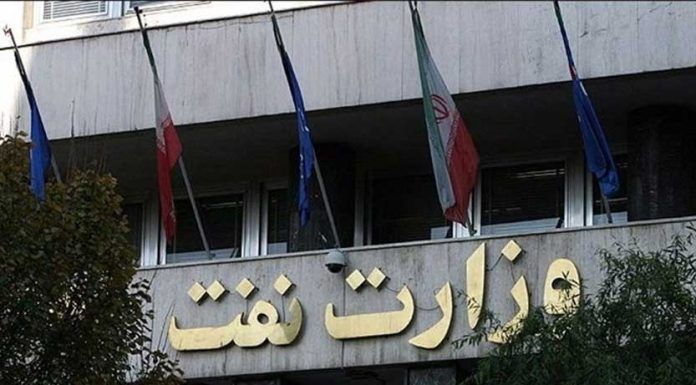June 4, 2019 – Iranian oil exports have dropped below 300,000 barrels per day (bpd), according to a report by the TankTracker.com news website on May 31 and to other industry sources.
Previously, the Reuters news agency had reported that Iran’s oil exports had fallen to 400,000 bpd in April, showing a 50 percent drop in a period of less than a month. By contrast, Iran shipped 2.5 million bpd in April 2018, a month before President Donald Trump withdrew the U.S. from the Joint Comprehensive Plan of Action (JCPOA), better known as the Iran nuclear deal.
Saudi Arabia, the United Arab Emirates (UAE) and Iraq increased their oil production to make up for the sharp drop in Iranian exports after the U.S. ended sanctions exemptions on May 1 for China, India, Italy, Greece, Taiwan, South Korea, Turkey, and Japan. The measure intended to bring Iran’s oil exports to zero, depriving the Islamic Republic of its primary source of revenue.
“Iranian output plunged in May to the lowest since 1990, as the Trump administration threatened penalties against anyone trading with the Islamic Republic,” Bloomberg reported on June 3. “Saudi Arabia last month ramped up oil production by the most this year, largely filling the gap created by tougher U.S. sanctions on its political rival, Iran.”
Although the government of President Hassan Rouhani acknowledges the severity of U.S. sanctions, it downplays the significance of the UAE and Saudi Arabia’s efforts to compensate for the market’s loss of Iranian oil.
“Saudi Arabia and the UAE exaggerate their oil production capacities,” Iranian Oil Minister Bijan Namdar Zanganeh said on April 21. “However, America is not bluffing. Its threats are real. Washington’s pressure exposes its animosity towards Iran.”
Hossein Amir-Abdollahian, the special international affairs advisor to the Speaker of the Majlis (Iranian Parliament) Ali Larijani, tweeted a cartoon on June 3 that showed Israeli Prime Minister Benjamin Netanyahu and Saudi King Salman bin Abdulaziz Al Saud smiling eagerly as they danced on a blood-stained map of Yemen, arms locked together, as their legs were represented by four missiles.
حاكمان #عربستان اگر همراهي و نوكري خود براي #آمريكا در جنگ اقتصادي عليه ج.ا#ايران را متوقف نكنند ، بايد منتظر تصميم جديد و شوك آور تهران باشند. زمان براي تداوم سياست هاي كثيف سعودي –#امارتي –#اسراييلي بسرعت رو به پايان است. pic.twitter.com/RCqRgW5xCY
— H.amirabdollahian (@Amirabdolahian) June 3, 2019
The accompanying text read: “We must wait for a new and shocking decision by Tehran if Saudi Arabia’s leaders do not stop cooperating with their ally and master, the U.S., in its economic war against Iran. The time for Saudi Arabia’s treacherous policies is running out.”
On May 12, four oil tankers belonging to Saudi Arabia, the UAE and a Norwegian company were allegedly sabotaged in the strait of Hormoz. Although there were no indications as to who might have been responsible for the damage, tensions between Iran and the U.S. escalated immediately after the incident. U.S. military sources in the Persian Gulf believe that a “state actor” used “limpet bombs” to blow holes into the four ships anchored off the UAE coast.
“Israel collected information identifying Iran as responsible for sabotaging vessels off the United Arab Emirates near the Strait of Hormuz last month,” the state-owned Israeli Kan 11 TV reported on June 6.
According to Yemeni sources, other attacks carried out in the Persian Gulf have gone unreported by the media.
“A few days before marine mines were reportedly placed on four tankers off the port of Fujairah early last month, an Emirati oil well in the Gulf was hit, according to a well-placed Emirati source,” The Middle East Eye (MEE), a London-based news outlet, reported on June 2.
A source speaking on condition of anonymity told the MEE: “The damage was limited, and like the other mines it was designed to send a message.”
The Organization of the Petroleum Exporting Countries (OPEC) and its oil market partners, including Russia, will meet later this month in Vienna to decide whether to extend their January 2019 agreement to limit oil supply.
While some analysts believe tougher U.S. sanctions on Iran will not cause supply shortage but rather raise fuel costs, others argue that the market is slightly undersupplied.
[Translated from Persian by Fardine Hamidi]


